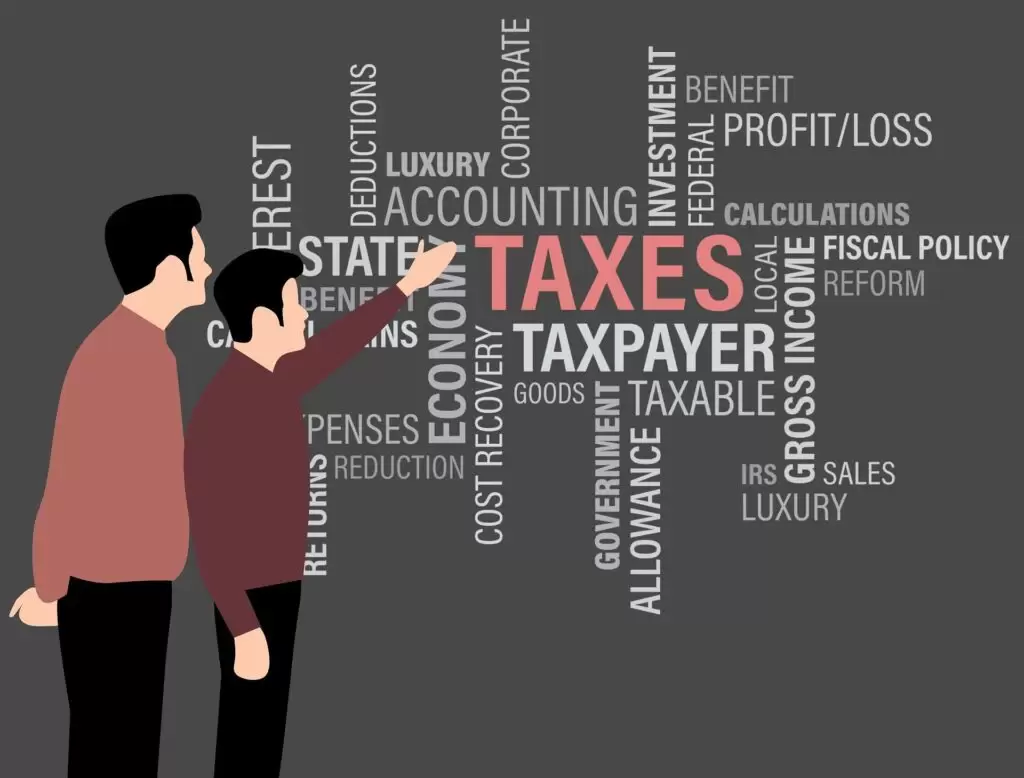Subtotal ₹0.00

The latest GST reforms power India’s green transition. India witnessed a historic moment under GST regime by introducing GST 2.O this month. It is a set of “next-generation” reforms by Modi government.
The recent GST rationalization aims to align with the India’s commitment to sustainability and climate action by reducing tax rates on multiple subjects. Aligned with national initiatives like Viksit Bharat 2047 and the LiFE movement, these changes support India’s Net Zero 2070 ambition. Moreover, it strengthen its adherence to the Paris Agreement by making green alternatives more affordable and accessible to consumers and industries alike. This recent GST rationalization reduces tax rates on renewable energy technologies, waste management services, biodegradable products, and green transportation. Let’s learn in detail here:
Renewable Energy & Climate Strategy
Solar & Wind Devices (GST reduced from 12% to 5%)
- This includes:
- Solar Cookers
- Bio-gas plant
- Solar power-based devices
- Solar power generator
- Wind mills, Wind Operated Electricity Generator (WOEG)
- Waste to energy plants / devices
- Solar lantern / solar lamp
- Ocean waves/tidal waves energy devices/plants
- Photo voltaic cells, whether or not assembled in modules or made up into panels.
The GST rate cuts will bolster domestic manufacturing by supporting India’s solar cell and module manufacturing ecosystem under PLI schemes, making domestic products more competitive against imports. Further, This will make solar pumps more affordable, reducing irrigation costs and providing support to farmers.
Waste Management & Pollution Control
GST on services provided by Common Effluent Treatment Plant reduced from 12% to 5%.
- Reducing taxes on CETPs will motivate industries to use centralized waste treatment methods, resulting in a pollution-free environment and supporting sustainable development in industrial areas.
- This will assist municipal corporations in implementing clean energy solutions for managing waste.
- The GST cuts will create green jobs in areas like waste segregation, plant operations, and maintenance.
Plastic Alternatives & Biodegradable Materials
GST Reduction on Biodegradable Bags (18% to 5% GST)
- Reduced GST on biodegradable bags makes them more affordable, encouraging consumers and retailers to move away from single-use plastics and thereby helping to decrease plastic pollution.
- This supports India’s adherence to the Plastic Waste Management Rules, 2022, and reinforce ban on single-use plastics.
- It will promote investment in research and development, and the expansion of bio-polymers, starch-based, and compostable materials.
- Quicker adoption of biodegradable bags will lower plastic leakage into rivers, soil, and marine environments.
- As many biodegradable bag producers are small and medium enterprises or startups, the lower GST facilitates their market entry and increases demand.
Green Mobility & Sustainable Transport
Buses (seating capacity of 10+ persons) [GST down from 28% to 18%].
- Lower tax rate will reduce the upfront cost of buses and minibuses (10+ seater).
- This will spur demand from fleet operators, corporates, schools, tour operators, and state transport undertakings.
- Further encouraging the shift from private vehicles to shared/public transport, reducing congestion and pollution.
- This will also promote fleet expansion & modernization, reducing the usage of old buses.
Commercial Goods Vehicles (Trucks, delivery-vans, etc) [GST down from 28% to 18%]
- Trucks are the backbone of India’s supply chain, carrying 65%-70% of goods traffic.
- The GST rate cuts will encourage fleet expansion and modernization, thereby phasing out older vehicles and leading to lower pollution and emissions.
References:
Ministry of Environment, Forest and Climate Change
Press Information Bureau (PIB)
https://www.pib.gov.in/FactsheetDetails.aspx?id=149292&ModuleId=16





